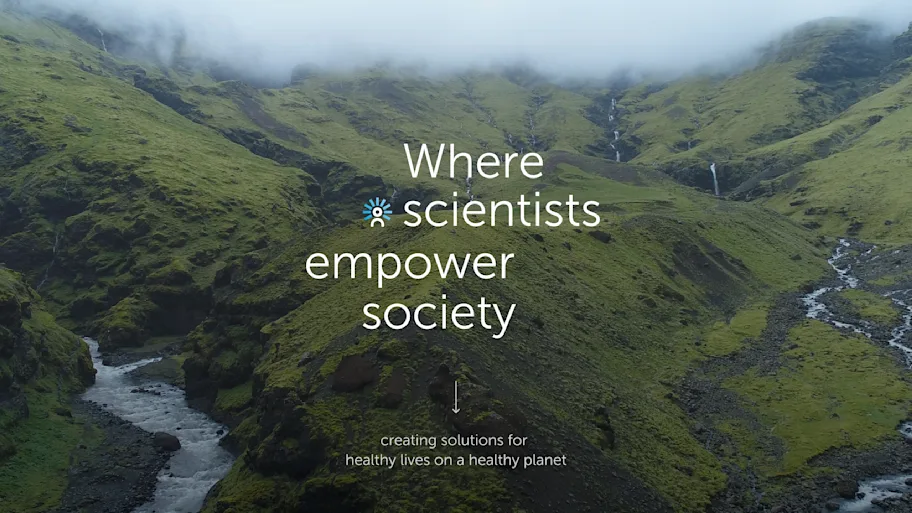
- Science News
- Research Topics
- HIV/AIDS: Three Research Topics exploring latest discoveries, treatments, and prevention
HIV/AIDS: Three Research Topics exploring latest discoveries, treatments, and prevention

Despite significant advancements, the global HIV epidemic persists. In 2023 alone, 1.3 million new infections and 630,000 AIDS-related deaths were reported. The world now stands at a pivotal moment in the fight against HIV/AIDS. Achieving the United Nations (UN) ambitious goal of ending AIDS as a public health threat by 2030 will require the scientific community to come together to deliver innovative solutions and comprehensive strategies to combat the infection.
The 2024 World AIDS Report, "Take the Rights Path," highlights the critical role of human rights in driving progress toward this goal. To sustain the momentum of the HIV response beyond 2030, the UN Program on HIV/AIDS (UNAIDS) advocates for a holistic approach. This strategy includes political commitment, enabling policies, sustainable financing, science-driven solutions, and robust delivery systems.
Researchers and policymakers play a vital role in optimizing resource allocation and targeting high-risk populations. Building upon these foundations, we have curated three Research Topics focused on HIV, sexually transmitted infections (STIs), and related issues. This research explores the latest scientific discoveries, innovative treatment strategies, and promising prevention methods.
All articles are freely available to view and download.
1 | Contemporary Strategies: Advancing Healthcare for HIV, STIs, and Beyond
44.700 views | 14 articles
Progress in managing sexually transmitted infections (STIs) and HIV has improved through technological advancements. However, low-income settings still face significant barriers due to financial constraints. Health departments struggle with testing demand, medical facilities deal with resource shortages, and many individuals cannot access diagnostic or treatment services due to socioeconomic challenges.
Optimizing healthcare at structural, institutional, and personal levels remains a global challenge. This Research Topic highlights effective strategies currently in use and explores innovations that can empower stakeholders across the healthcare continuum to enhance programs, especially in under-resourced settings in the context of STIs and HIV.
2 | Exploring HIV Disclosure Challenges and Approaches Around the Globe
17.300 views | 8 articles
This Research Topic explores the varying approaches, challenges, and training methods related to HIV disclosure worldwide, highlighting both differences and alignments across regions. Building on previous research, it aims to deepen understanding of HIV disclosure practices.
While HIV disclosure approaches and rates have steadily improved over the years, they remain below ideal levels, continuing to pose a significant global public health challenge. The process of disclosure is often fraught with difficulty, as parents, caregivers, and healthcare professionals grapple with the complexities of sharing an HIV diagnosis within HIV-affected families.
Despite these challenges, published research provides valuable insights into the misconceptions, barriers, benefits, drawbacks, and social impacts associated with HIV disclosure, demonstrating a well-established understanding of these factors.
3 | Evidence on the Benefits of Integrating Mental Health and HIV into Packages of Essential Services and Care
21.100 views | 10 articles
This Research Topic highlights the benefits of integrating mental health care into HIV services. As emerging and re-emerging infectious diseases pose increasing challenges, the Global AIDS Strategy 2021–2026 emphasizes the importance of combining mental health services with HIV care[SA1] . Research indicates that people living with HIV are significantly more likely to have suicidal thoughts and die by suicide, with rates potentially up to 100 times higher than the general population.
According to the World Health Organization, investing in mental health and psychosocial support, as well as integrating these services with HIV care, is essential for achieving universal health coverage, promoting health equity, and ending the AIDS epidemic.






